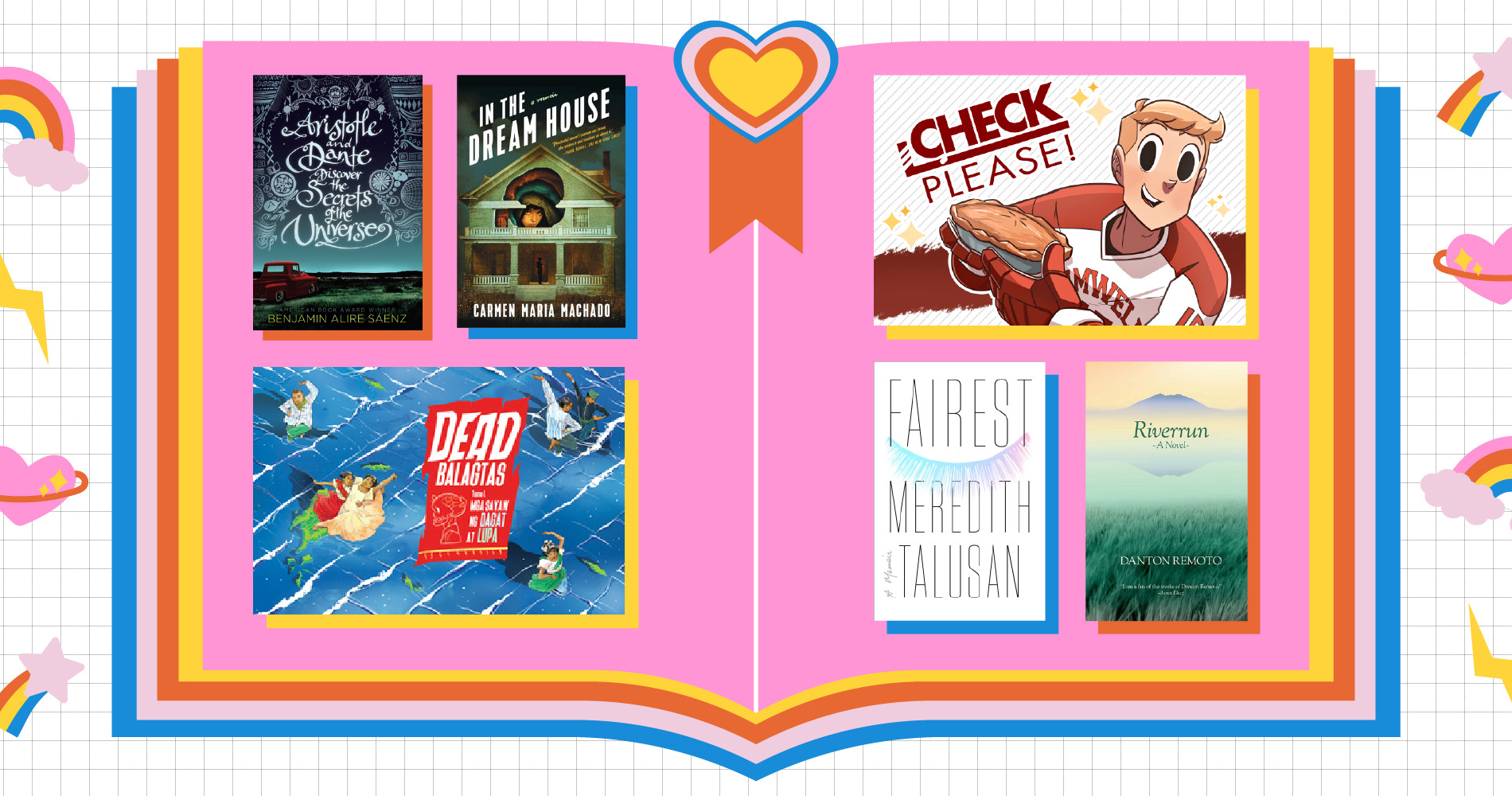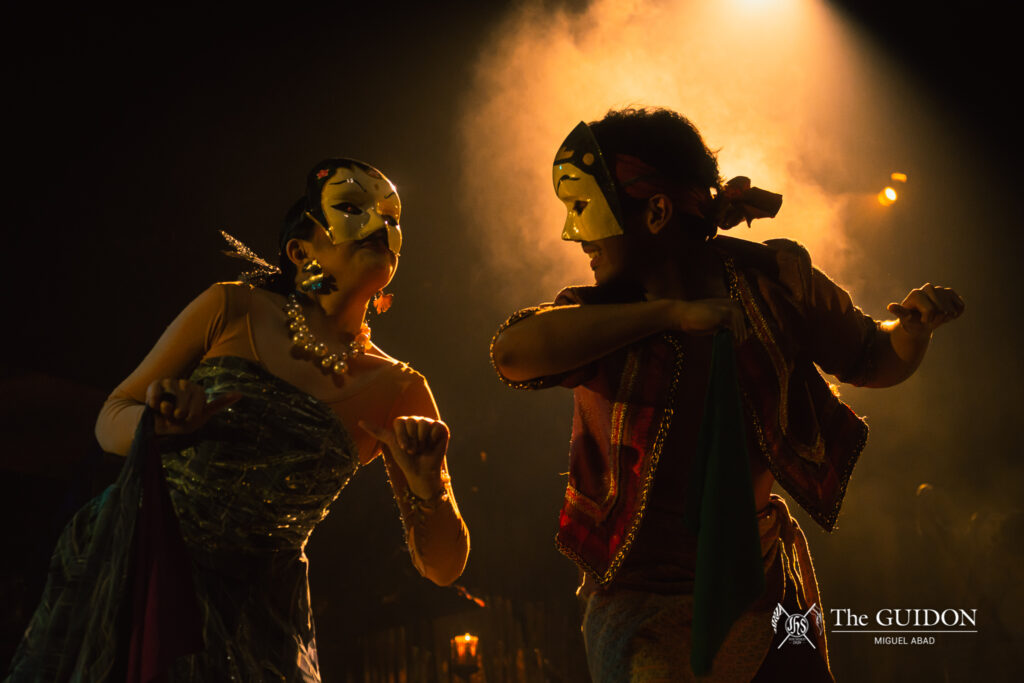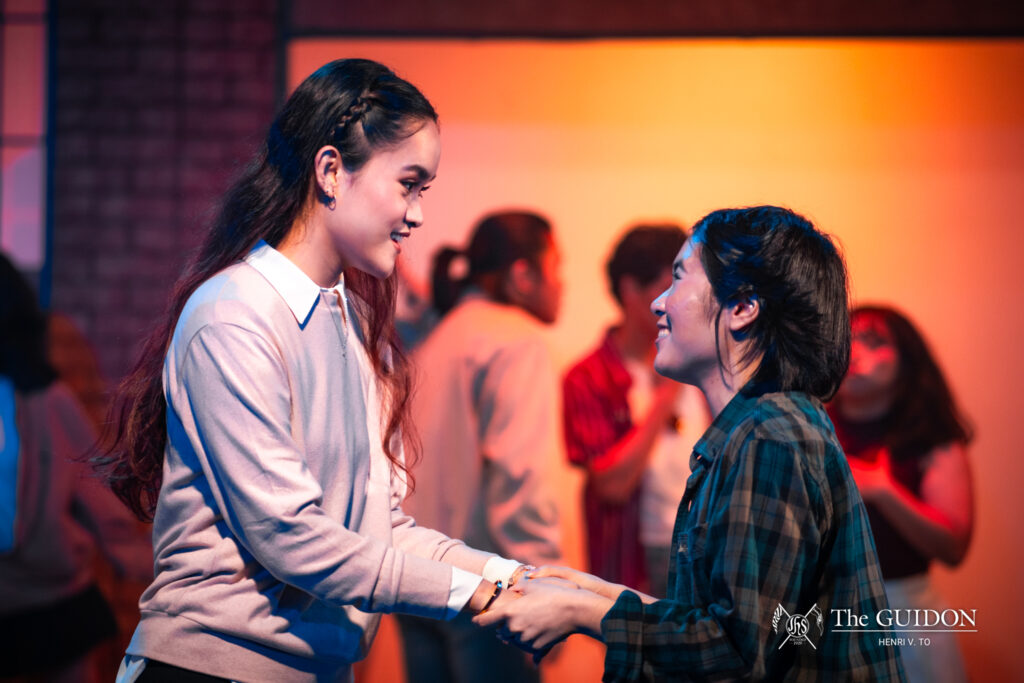Literature is one of the most powerful spaces for representation of all kinds of identities. However, it has historically been dominated by the same narratives told by the usual suspects—often heterosexual, Caucasian men. While the experience of love is mostly universal, stories by people of color and sexual minorities have generally fallen under the radar. Here are six books all by LGBTQ+ people of color who have made their voices heard and give their narratives a seat at the literary table.
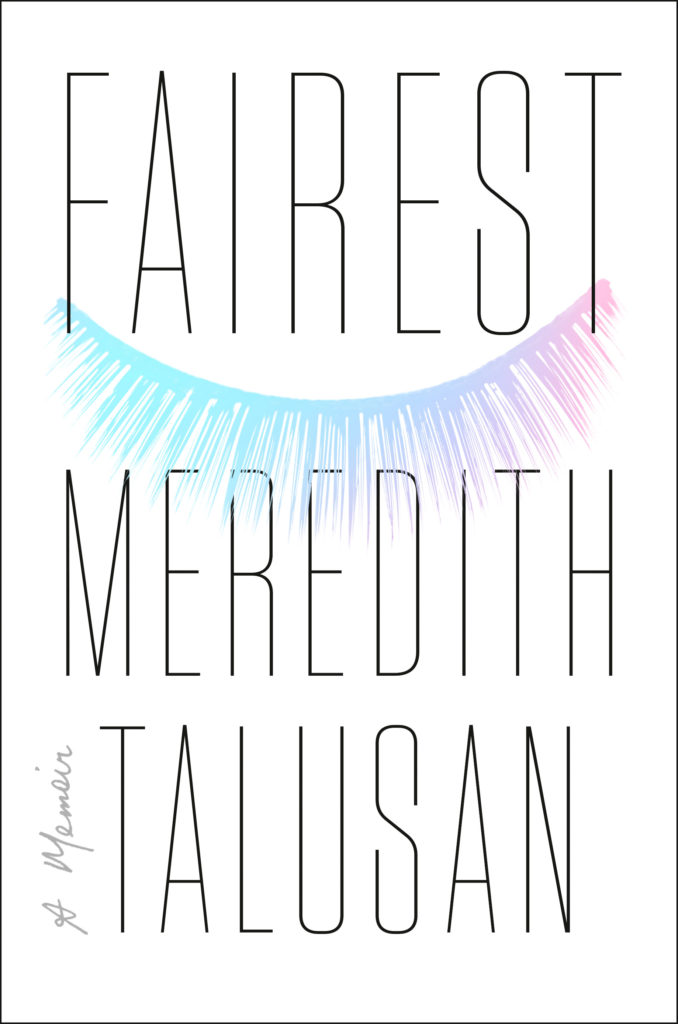
Fairest: A Memoir by Meredith Talusan (2020)
In Fairest: A Memoir, Meredith Talusan explores her experience of being raised the only son in a devout Filipino Catholic house to being a transwoman and immigrant student in the United States. With her transition and eventual diaspora, Talusan stands at the intersections of race, gender politics, culture, and class that inevitably challenge her as an academic, activist, and artist. Fairest invites readers to think about their own positions and perspectives on gender, love, and justice.
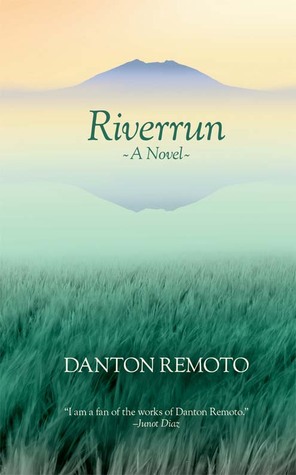
Riverrun by Danton Remoto (2015)
Riverrun is about a young boy, Danilo, who comes of age during the Marcos regime. Readers are taken along through Danilo’s childhood in his provincial town to his life in London as a young adult. The stories are fragmented in vignettes from the first-person perspective like his many loves and entries, like recipes and news articles that make the novel read like a personal diary or journal. Riverrun is an illuminating glimpse into what identity means in a time of constant change.
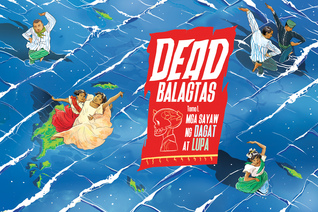
Dead Balagtas, Tomo 1: Mga Sayaw ng Dagat at Lupa by Emiliana Kampilan (2017)
Lovers of Philippine history, rejoice! In Emiliana Kampilan’s graphic novel Dead Balagtas, Tomo 1: Mga Sayaw ng Dagat at Lupa, the origins of Filipino geography are retold through four love stories. The beautifully drawn strips complement the narratives that straddle historical research and the fictional world Kampilan has written out. She takes themes like separation, class struggle, and belongingness to bring out the human experience of shaping history we all share in some way.
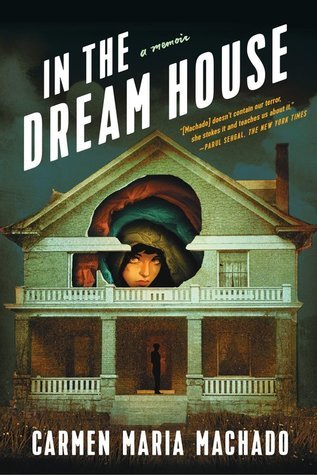
In the Dream House by Carmen Maria Machado (2019)
Visceral, haunting, and real are three words to describe Carmen Maria Mechado’s acclaimed book, In the Dream House. Machado takes on her exploration of sexuality, the ups and downs of an abusive queer relationship, and critiques the representations of domestic abuse. A seasoned fictionist, Machado’s narratives are framed similarly to that of a horror novel, weaving a story of how a lover’s manipulation can go undetected until one is consumed by it. In the Dream House toes the line between prose and poetry, making it a captivating read from start to finish.
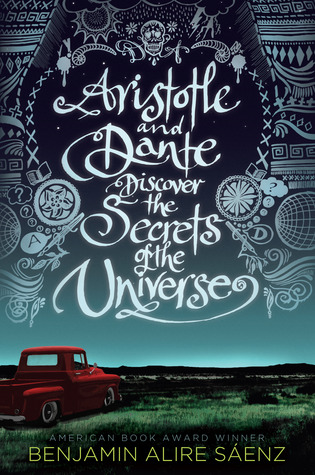
Aristotle and Dante Discover the Secrets of the Universe by Benjamin Alire Sáenz (2012)
Mexican-Americans Aristotle “Ari” Mendoza and Dante Quintana form an unlikely friendship in Benjamin Alire Sáenz’s young adult novel Aristotle and Dante Discover the Secrets of the Universe. Ari is an introspective, complex character who is drawn to Dante who is carefree and extroverted. Told from Ari’s perspective, the novel is a tender narration of identity, relationships, and coming of age in El Paso, Texas during the 80s. Since its publication, the book has won several accolades and Sáenz is preparing to release a sequel soon.

Check, Please! By Ngozi Ukazu (2020)
Former figure skating champion and baker-vlogger extraordinaire Eric Bittle, or Bits, is a freshman in Samwell University juggling his academics, making new friends, and navigating his way through a new sport—men’s hockey. Bits worms his way into his teammates’ hearts through his pie-making skills and soon, his own team captain is falling hard. Check, Please is a delightfully warm, lighthearted read with the right amount of tension to be expected from any sports story. If you are a sucker for tropes like opposites attract and found families, this is perfect for you.
There is an abundance of literature waiting to be discovered. Works by people of color and sexual minorities highlight perspectives we may not be familiar with. In a time of distancing, reading can open up opportunities for bringing more unheard voices into our homes and lives, reminding us that fostering diversity can start small.


